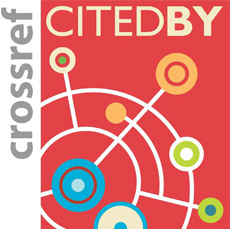ISSN : 2288-1484(Online)
DOI : https://doi.org/10.12812/ksms.2014.16.2.101
안전교육 경험과 안전교육 실천에 관한 연구
Study on Experience and Practice of Safety Education
Abstract
Reference
2.Kim In Jung(2012), "An Empirical Study on the Safety Education and Safety Accident Status in Child-Care Facilities and Homeroom Teacher's Recognition about the Safety Education Range and Methods", Journal of the Korea Safety Management Science Society, 14(4), pp125-136.

3. Kim In Jung(2013), "Analysis of perception and parent education demand through parent experie nce of fire" Journal of the Korea Safety Manage ment Science Society 15(2). pp85-93.
4. Han Min Kyung, Kim Soo Kyang(2012). "Resear ch on the Early Childhood Teachers` Perceptions and Practices regarding the Safety Education of Natural Disasters for Young Children" Early childhood education essay, 16(1), pp. 135-162.
5.Oh, Hyo-Seon, Hong, Hae-Kyung (2013). "A study on early childhood safety program reflec ting characteristics of rural area" Study on Open Association for Early Childhood Education, 18(1), pp41-69.
6. S.C. Park and J.C. Cho(2010), "A Study on the Development of the Single Station Fixed Temper ature Detector of Low Power Consumption for Residential Fire Prevention", Korean Institute Fire Sience and Engineering, Vol. 24, No. 6, pp. 61-68.
7. The National Emergency Management(2010), "2009 Actual Condition of Fire Accident in Korea", The National Emergency Management.
8.Freda, B.(1995). Developing personal safety skills in children. London : Jessica Kingsley Publishing.
9.Scott. R. J.(1992). Preventing injury : A safety curriculim for reschool-kindergaten. Unpublished Doctorial Dissertation. Albama University.
-
-
Online Submission
http://submission.koreasafety.or.kr
-
KSSM
The Korean Society of Safety ManagementWaste Society
-
Editorial Office
Contact Information- Tel: +82.31.336.2844
- Fax: +82.31.336.2845
- E-mail: safety@mju.ac.kr -

-

-

-

-

-

-







